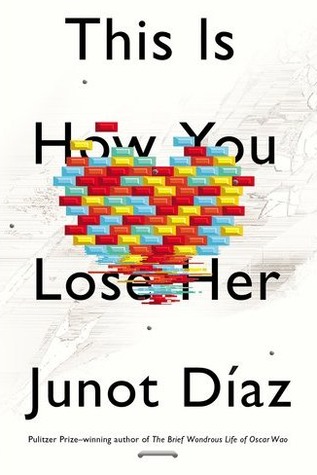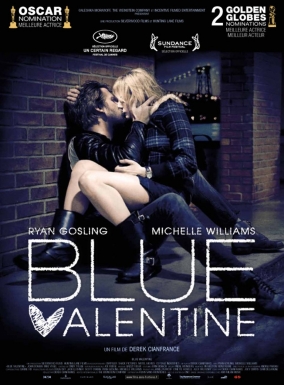“Actually, call me back on this number XXX-XXX-XXXX now!” – She said, in the calm yet stabbing tone ever familiar to a child being scolded by a mother in a grocery store.
I hung up the phone and obliged.
and obliged.
“How dare you! My husband accused me of having an affair, and I had to sleep on the couch because of you!”
I, on the other end of the telephone, wondered how asking about a school trip got me here.
I guess if my name were Yunior, that story – a story of poor admin, oblivion, Greece, and marital issues deeper than a tour agent calling about your upcoming trip –would have ended up in the rough drafts of Junot Díaz “This is How You Lose Her.”

Junot Díaz
This is How You Lose Her
Riverhead Books, New York
2012
Disclaimer – I love (the idea of) love
I was first introduced to Junot Díaz’s engrossing story-telling abilities in his Pulitzer Prize winning “The Brief and Wondrous Life of Oscar Wao.” The opening paragraph of this book had me. I should have known that I would be captivated from the jump, that I would have wanted to cancel all plans of being social – Junot Díaz knows how to do this writing thing, shem.
The book is a collection of short stories about love and all that comes with it – lost love, infidelity, dying love, unrequited love, get-your-coins-in-the-name-of-love love – but there is more than just love that threads the stories together. Junot Díaz once said that men are not good at writing from the perspective of women. And in all but one of the stories written from the man’s perspective, I found reading the book very zeitgeist-y. Reading the book at the tail end of my Summer holidays (insert smirk), Valentine’s day, between social media’s “men are Trash” parade, and beginning the book the day after we were introduced to “Hurt Bae,” Yunior, a character full of flavor, was the perfect sometimes guide (no spoiler alert), sometimes protagonist, throughout the book.
The prose in these short stories allowed me to feel the gamut of emotions one expects to feel for “love.” I had several neck-contorted, eyes slightly squinted, mouth partly ajar “the audacity” moments, like while reading “Nilda.” Rafa’s stories had my stomach clenched, hoping for the best, grinning when I should be laughing, waiting for the inevitable. “Otravida, Otravez” and the oh so familiar story of another time and another life, and yet I am going through with this nonetheless. And besides making me want to break out in an All-4-One song, “The Sun, the Moon, the Stars” beautifully told the story of the process of accepting that things are over – even when you do not want them to be.
But this isn’t a sob story about romance; I would not dare put it in the same category with Nicholas Spark. Junot Diaz’s stories are robust – there is wit and an ever so attractive cheekiness. I was not whisked away to a mystical land, there was stench and real pain alongside the excitement of stolen lust. There was a lot of truth.
The stories were captivating in isolation, and the last few pages of the last story “The cheater’s guide to love” made me feel as if I were hoodwinked, in a Morgan Freeman at the end of Lucky Number Slevin laugh at the brilliance kind of way. It made me re-read the first page, as I did when I read “The Outsiders” for the first time. I wanted to read it again. I wanted to pick up the phone and call him to tell him to read the book.
and call him to tell him to read the book.
This time, knowing why I was on the other end of the phone call.
call.
